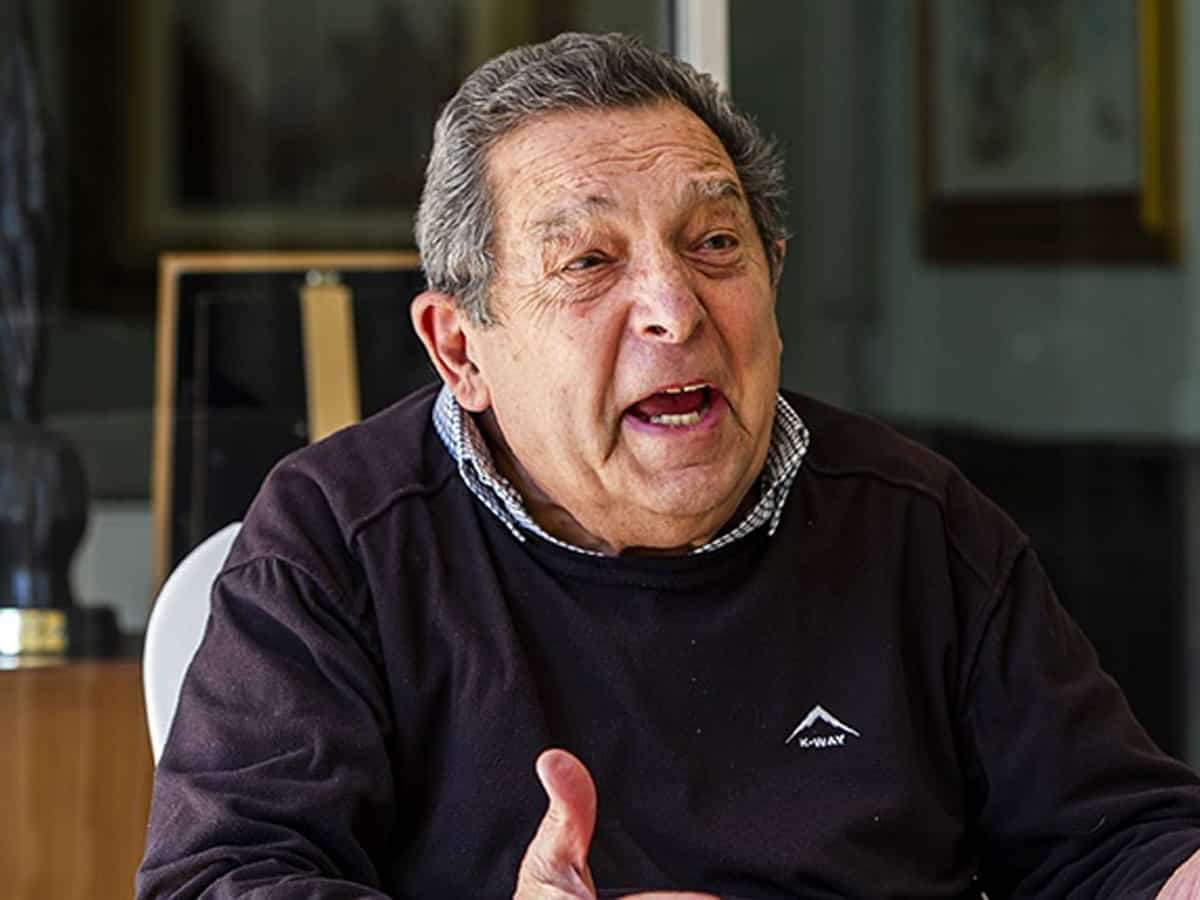
Today the Board of Control for Cricket in India is the world’s richest cricket board. Its coffers are overflowing with cash and its power is the envy of the other national bodies. But about three decades ago, the BCCI did not have the slightest clue about making money from television rights. Thus it did not have the clout that it has today.
Strangely it was a South African cricketer and sports administrator who opened the eyes of the BCCI and showed them how to rake in more funds. That man was the former captain of South Africa and later its most effective administrator Dr Ali Bacher. He was involved in promoting cricket in multifarious ways in South Africa.
In 1991-92 the South African cricket team came to India on its first ever tour after the suspension of that nation from international sport was lifted. It may be recalled that South Africa had been banned from international cricket in 1970 because of its apartheid policy. When the ban was lifted, the nation played its first series of three ODI matches in India.
A dramatic development
It was a historic occasion. But even before the visitors reached India, there was a dramatic development. As soon as the South Africans signed for the tour of India, team manager Ali Bacher, on behalf of his national TV channel, called up his counterpart Amrit Mathur to discuss the price of the television broadcast rights in South Africa. Quite naturally the people there were very keen to watch their team’s return to the arenas of international cricket.
Mathur and the BCCI officials were taken aback. In those days, no one in the BCCI knew about the concept of selling television broadcast rights. The Doordarshan used to be the national broadcaster of the cricket matches in India and there existed no agreement of sale of broadcast rights with the DD.
Caught unawares by the offer from Ali Bacher, the BCCI big wigs went into an emergency huddle to discuss what would be the right amount to ask for. After much deliberation, the BCCI demanded a sum of $10,000 per match. The BCCI felt that it was a princely sum and were prepared to come down slightly if the South Africans disagreed.
Another surprise
But they were in for another surprise. Ali Bacher understood that he was dealing with a group of people who were completely out of touch with the commercial realities of international sport. He offered $ 40,000 per match. Jumping with joy, the BCCI top brass hastily accepted his offer.
After that the BCCI realised that it is in possession of a hugely successful business and modified its approach accordingly. The funds began to flow like a gushing river. In 2022, the BCCI sold the TV rights of the IPL for Rs 23,575 crore while the digital rights went for Rs 23,758 crore for a five-year cycle. The money being generated by cricket nowadays is mind boggling.
BCCI should help other sports
But now that the BCCI has acquired so much financial strength, it should examine ways and means to help other sports which are starved of funds. India has very talented archers and shooters but they fail to get the expected medals. Several archers and track athletes emerge from poor households. If they are sent abroad for participation and training more often and are provided with financial support, they could do a much better job.
In 2008, the BCCI had set aside a sum of Rs.50 crore as its share of a corpus fund to help in the development of other sports. Under the agreement, the sports ministry was to provide another 30 crores. The fund was known as the National Sports Development Fund (NSDF).
The idea was a good one but the implementation of the scheme was haphazard. Moreover the sports ministry did not disclose how and where the funds were spent which left the BCCI officials unhappy with the resulting lack of transparency.
Nowadays the BCCI allocates a substantial portion of its funds towards players’ salaries. Players who are in the A-plus category get 7 crores per year and those who are in the lower categories get slightly less. Pension is also provided to former players and umpires.
With the treasury overflowing, the BCCI can consider initiating a similar scheme for athletes of other sports. This will provide motivation and financial security for them too. Thereby the nation’s overall sports standards will also be raised.



